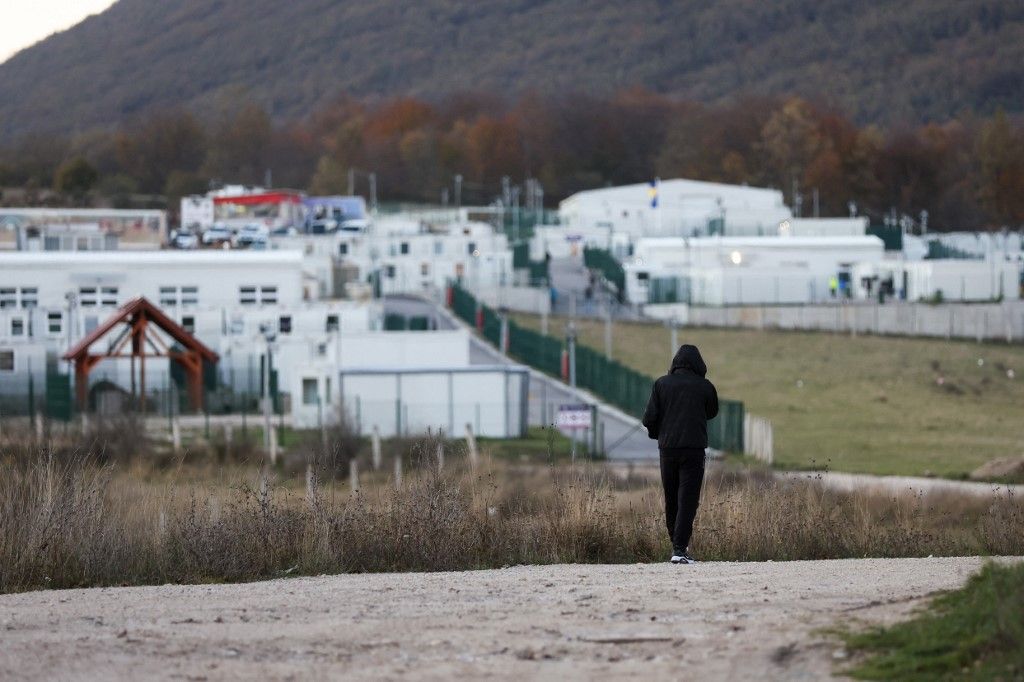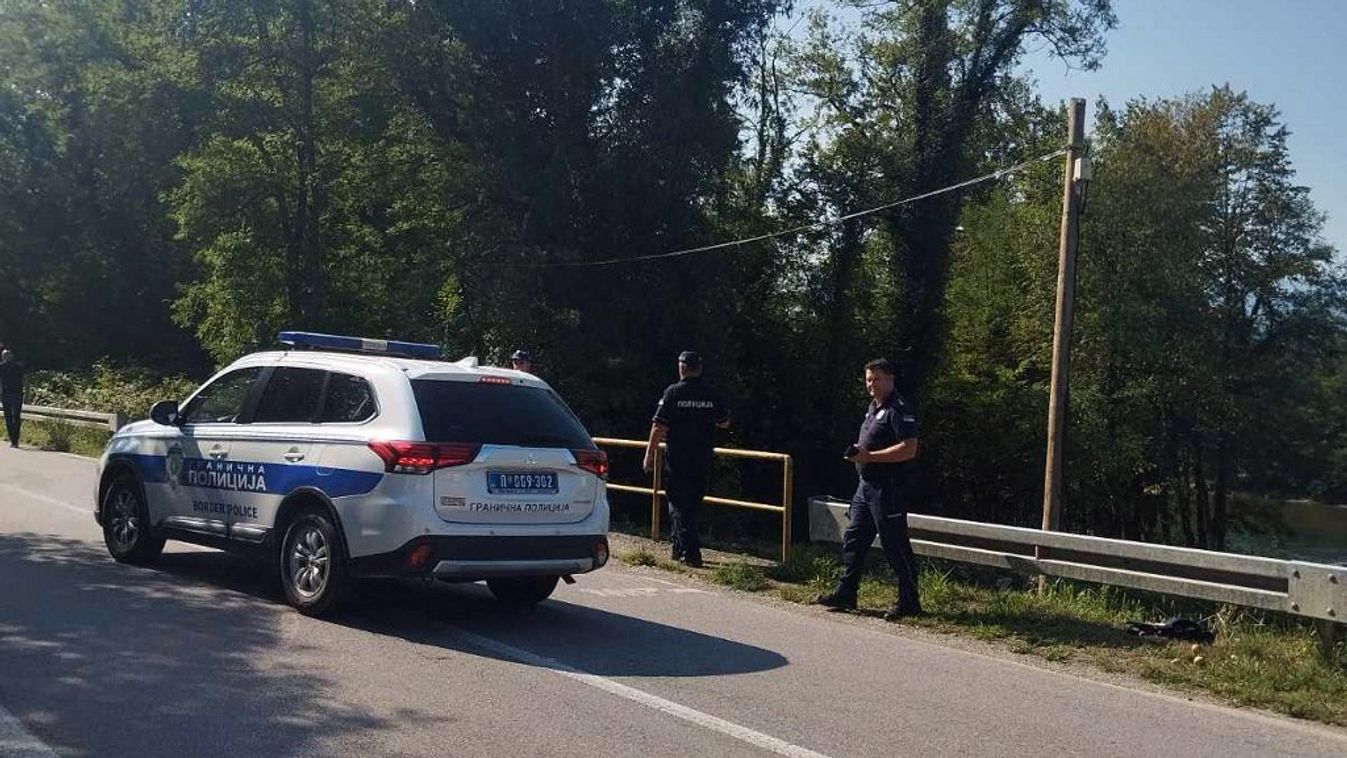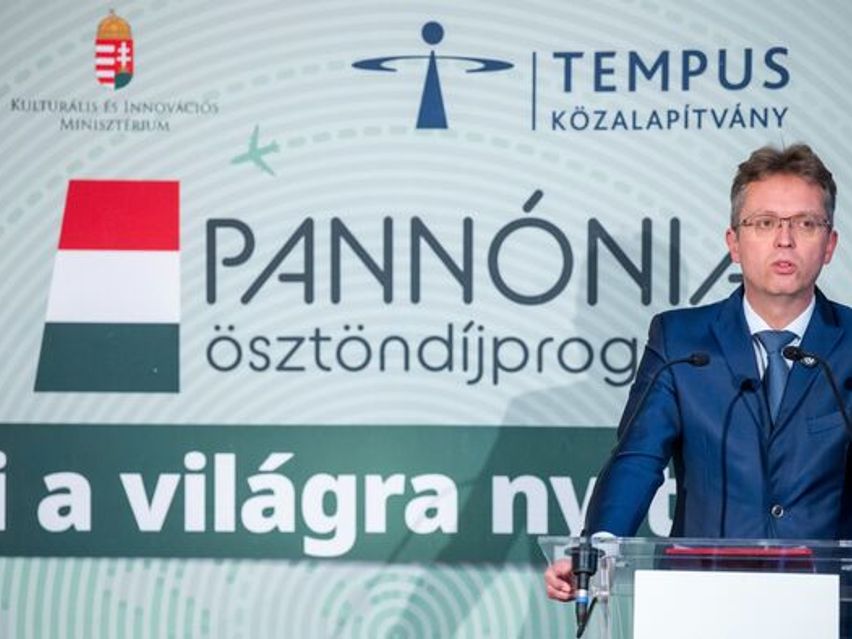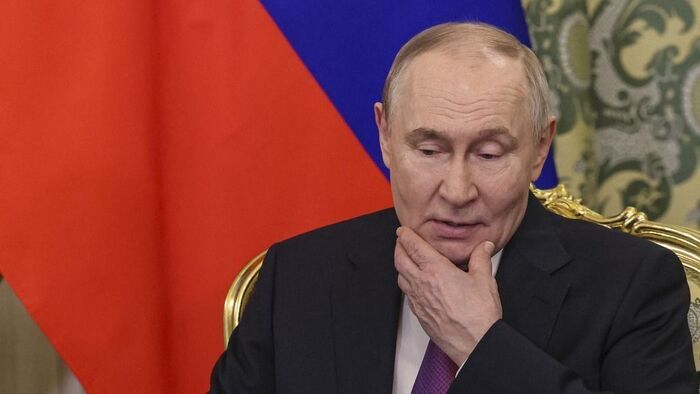The presidential candidate of the Croatian Most (The Bridge) party, lawmaker Miro Bulj, declared that the Schengen Area is dead and that all illegal migrants must be immediately expelled from the Adriatic country. Mr.Bulj called illegal migration one of the biggest problems facing Croatian society, emphasizing that the country’s borders are “as porous as cheese” and that anyone can freely enter. He noted that among the migrants are terrorists and extremists who travel to third countries, only to be sent back to Croatia by the government on official flights.

All illegal migrants must be immediately expelled from Croatia,
– the politician declared.
Mr. Bulj’s words are supported by the Croatian authorities, who identified 23 migrants over the past year as posing a potential public safety or national security risk, according to the Jutarnji newspaper citing the interior ministry. These individuals reportedly came from Russia, Afghanistan, Syria, Iraq, and Iran.
The majority of migrants are flown into Croatia from other European countries under the Dublin Regulation. After being received by Croatian police at the airport, they are taken to an immigration detention center and later forcibly deported on flights, accompanied by two police officers.
The Croatian Intelligence Agency (SOA) conducts assessments to determine the actual level of threat posed by these migrants. Meanwhile, Croatian authorities stress their strict enforcement of relevant laws to safeguard public order and national security.
Terrorists could be hiding among migrants
Not only Croatia but other countries in the region also struggle with the challenges of illegal migration. At the heart of the Balkan migration route, Bosnia and Herzegovina faces constant pressure from incoming migrants, while trying to deal with the incoming massses. The country is grappling with logistical and financial difficulties.
Most migrants arrive from Greece and Bulgaria, with many using Bosnia-Herzegovina as a transit country before continuing their journey toward the European Union. During the registration process, many apply for asylum, a move often viewed as a temporary measure to help them remain in the country.






















Szóljon hozzá!
Jelenleg csak a hozzászólások egy kis részét látja. Hozzászóláshoz és a további kommentek megtekintéséhez lépjen be, vagy regisztráljon!